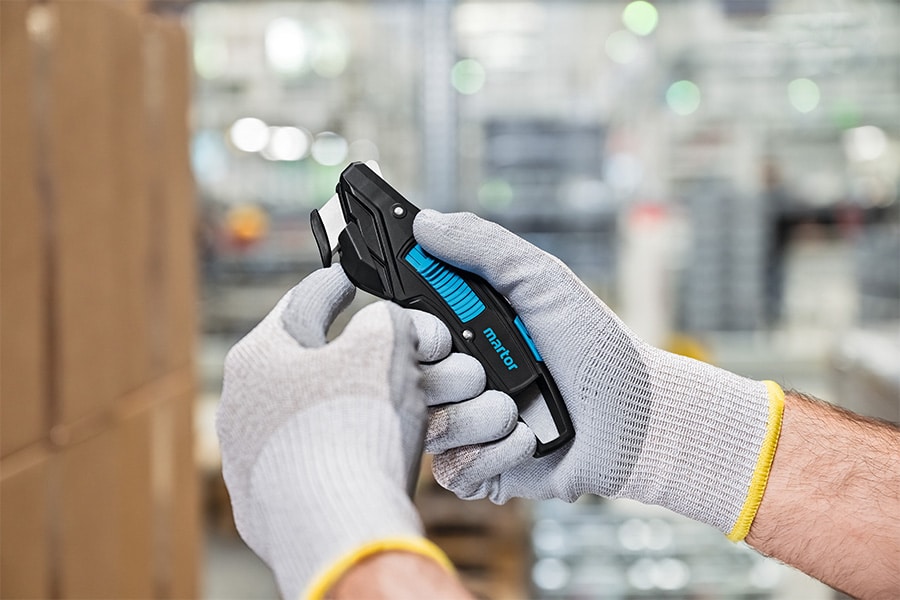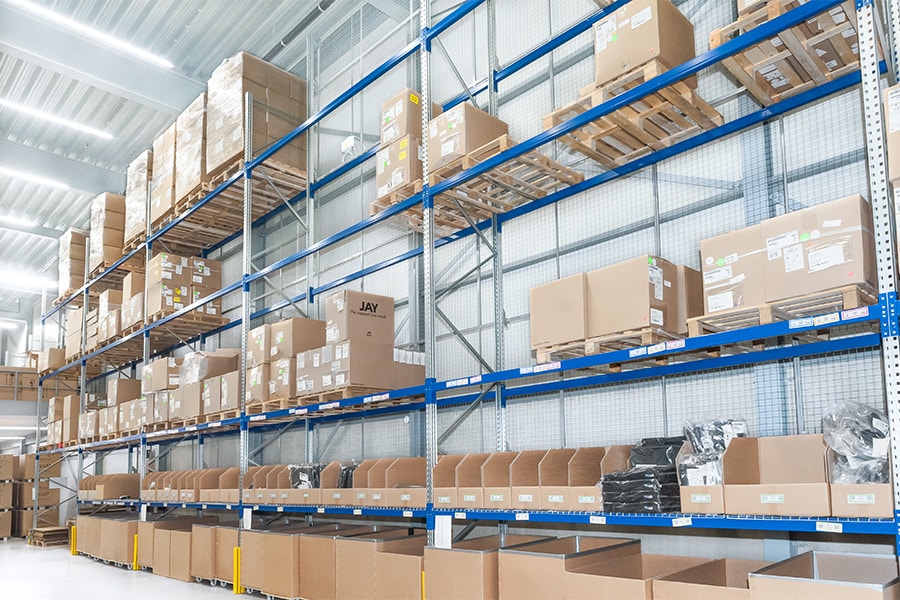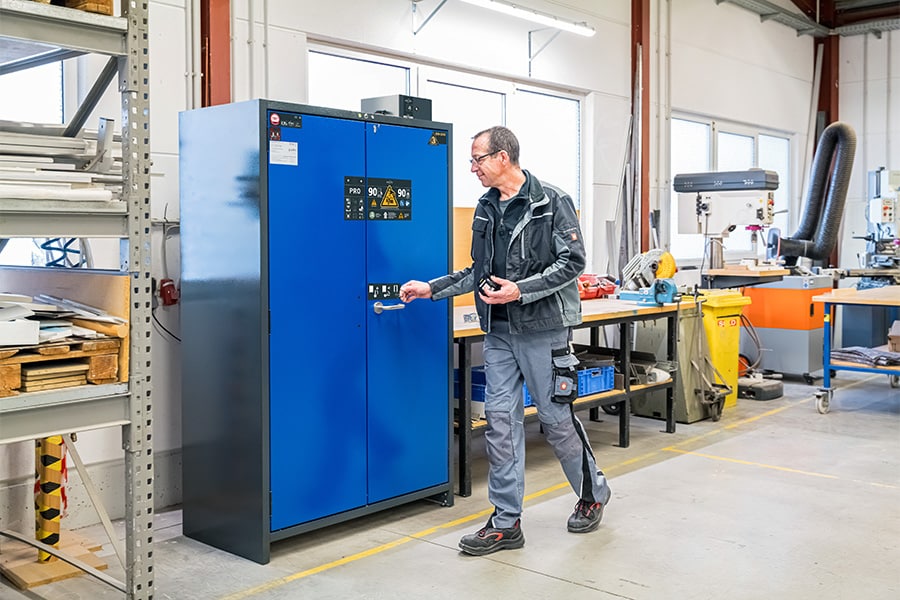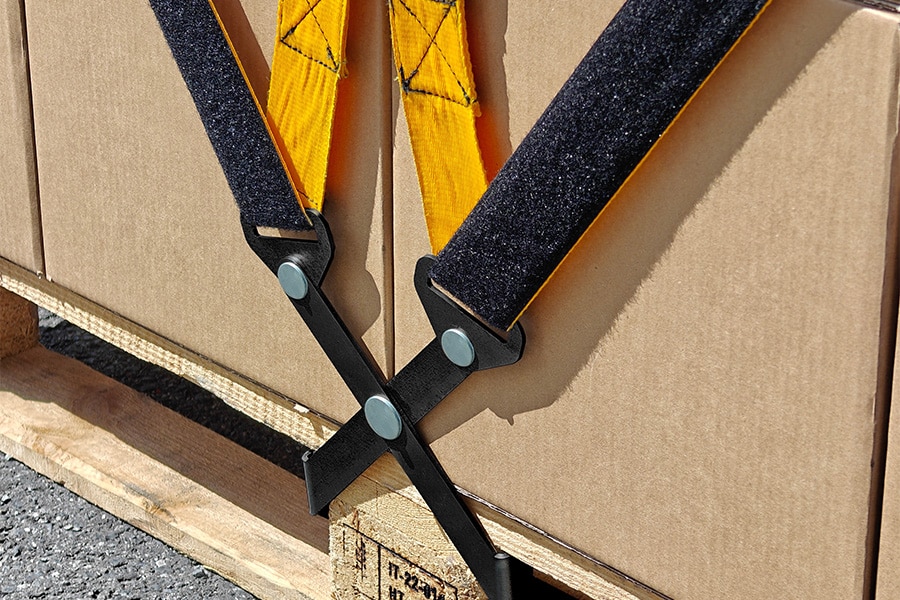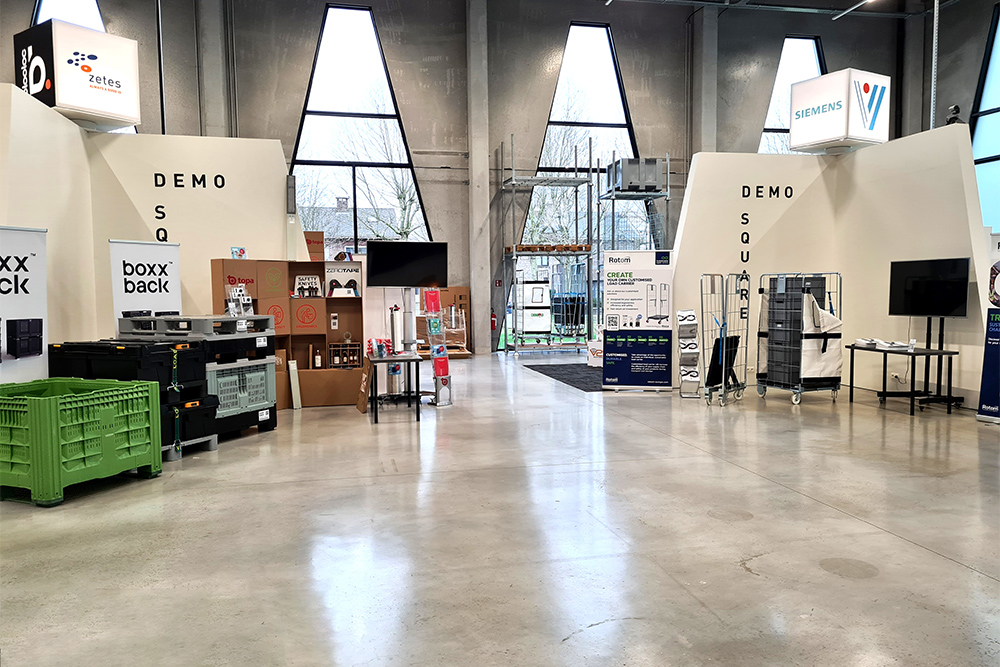
Inspiring packaging projects for Flemish logistics companies
As the focal point for the Flemish logistics sector, VIL represents more than 600 companies. The organization aims to increase the competitiveness of logistics companies by launching sustainable and innovative concepts and technologies. One of the themes where VIL wants to make a difference is sustainable packaging solutions. In this article, we highlight two striking projects, complemented by the strengths of the new Log!Ville theme tour that has inspired many logistics professionals in recent weeks.
That the topic of sustainable packaging of goods is in the spotlight, we probably don't have to explain to you as a logistics professional. The new upcoming EU legislation (PPWR) requires companies to quickly switch to environmentally friendly packaging solutions. With the PPWR - which stands for Packaging and Packaging Waste Regulation - the European Commission wants to impose rules on producers and importers of packaged products, among others. These rules should lead to less packaging waste, more reuse and more applications of recycled (packaging) materials.
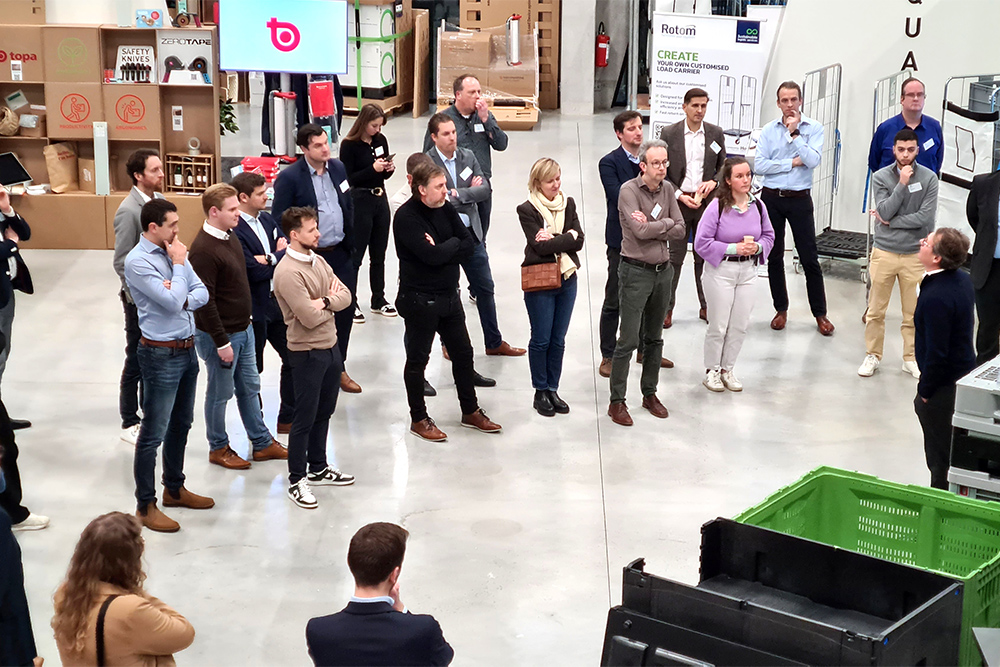
Green Last Mile project inspires
One of the projects through which VIL aims to help logistics service providers and their customers make sustainable (packaging) choices is the Green Last Mile project completed in September 2023. "Consumers are increasingly alert to more sustainable purchases, both offline and online," said VIL project leader Geert Verbelen. "In the right circumstances, e-commerce can be more sustainable than offline shopping. But both merchants and consumers need more insight and transparency regarding different delivery options. Together with Comeos, the Belgian federation for commerce and services, we asked VUB Mobilise to develop a calculation method that shows the most sustainable delivery option for each online purchase. The smart tool was named Smartdrop. And what turned out? If consumers always choose the most sustainable delivery option, the sustainability cost drops by 21 percent. So it is essential that merchants actively communicate the most environmentally friendly delivery option through various channels."
Margin for improvement
The Green Last Mile project showed that e-commerce packaging has a significant impact on sustainability. Verbelen: "Especially the degree of filling of packages and materials used are decisive here. Although reusable packaging is on the rise, most online retailers still use single-use packaging. Here we still see a lot of margin for improvement. This is why we from VIL have worked out practical business advice together with VITO to make packaging as sustainable as possible."
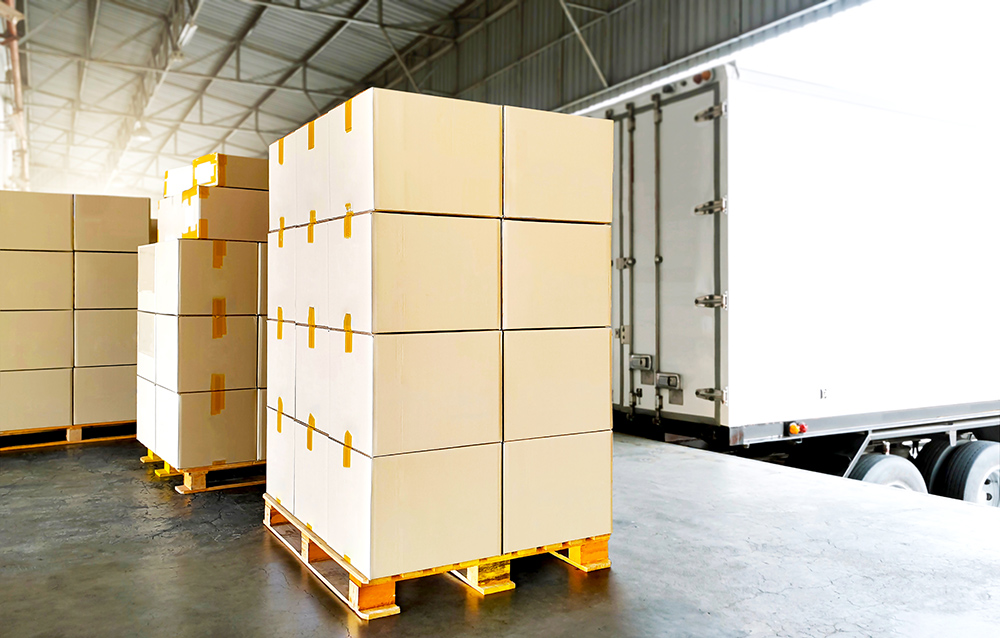
Kick-off STRAP project
Another project through which VIL intends to share new insights into sustainable packaging solutions is STRAP. "This project starts in September 2024 and runs until November 2026," Verbelen confirms. "We are investigating how shippers, logistics service providers and receivers can work together to avoid or minimize unnecessary tertiary packaging or transport carriers in the logistics chain. We are also looking at the reuse of carriers and packaging materials."
"Specifically, STRAP focuses on pallets, carts, big bags and their securing materials, such as shrink wrap and straps. Companies offering sustainable solutions, such as pooling systems or reusable packaging solutions, are also welcome to participate. Also in this project, the European PPWR legislation is an important driver accelerating the need for sustainable packaging solutions."
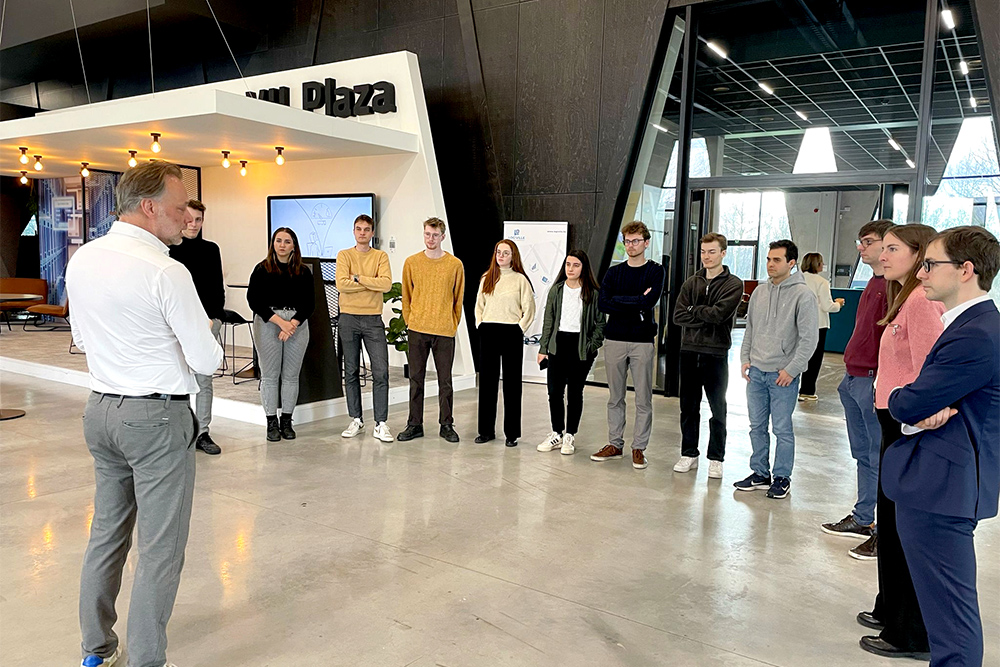
Successful theme tour Log!Ville
The recent theme tour 'Innovative packaging solutions: Reduce - Reuse - Rethink' by Log!Ville should not be missing from this overview. From February 5 to March 28, 2024, numerous professionals in warehousing and logistics will take part in hands-on tours on the topic of packaging. So-called "Innovation Ambassadors" guide participants through the future of environmentally friendly packaging solutions, focusing on innovative technologies in the areas of sustainability and circularity. They are introduced to reusable packaging for industry and consumers, smart applications for optimization of vehicle loads and packaging assortments. And they will also get demonstrations of sustainable alternatives to disposable carriers and securing materials.
